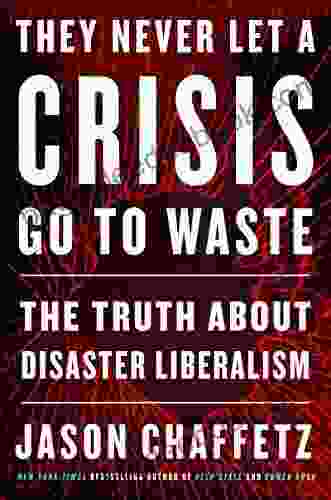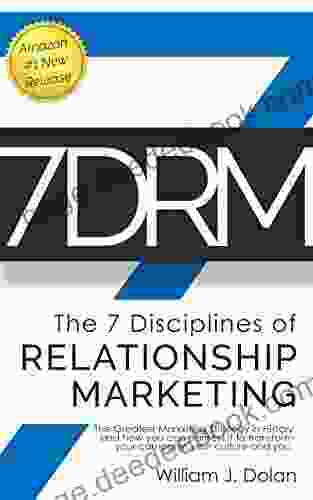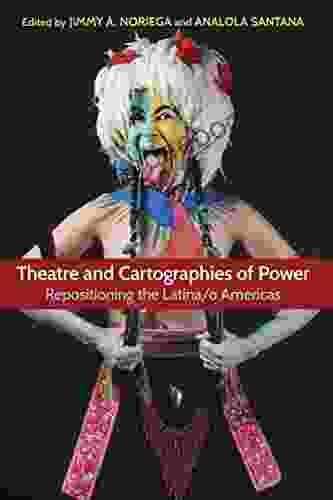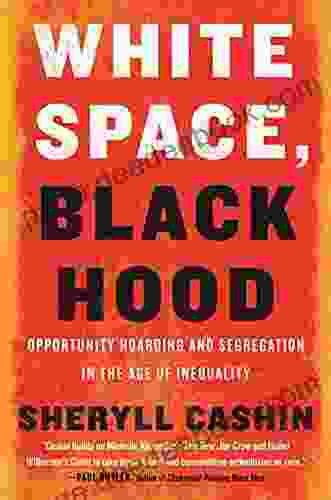The Truth About Disaster Liberalism

<meta name="keywords" content="disaster liberalism, humanitarian intervention, R2P, interventionism, international relations, foreign policy, global governance, post-conflict reconstruction, peacebuilding, state sovereignty, human rights, human security">Long descriptive keyword for alt attribute
"A group of people working together to help those affected by a disaster."
Long SEO title
Disaster liberalism is a relatively recent phenomenon in international relations, emerging in the aftermath of the Cold War. It is characterized by a belief in the responsibility of the international community to intervene in states where widespread human suffering is occurring, even if such intervention violates the principle of state sovereignty. This belief is often justified by invoking the concept of the "responsibility to protect" (R2P),which was adopted by the United Nations in 2005.
Disaster liberalism has been a controversial policy, with proponents arguing that it is necessary to prevent mass atrocities and protect human rights, while critics argue that it is a form of imperialism that undermines state sovereignty and can lead to unintended consequences.
4.8 out of 5
| Language | : | English |
| File size | : | 4903 KB |
| Text-to-Speech | : | Enabled |
| Screen Reader | : | Supported |
| Enhanced typesetting | : | Enabled |
| X-Ray | : | Enabled |
| Word Wise | : | Enabled |
| Print length | : | 283 pages |
In this article, we will examine the origins, manifestations, and consequences of disaster liberalism. We will argue that disaster liberalism is a deeply flawed policy that has often led to negative outcomes for the people it was intended to help.
The Origins of Disaster Liberalism
The roots of disaster liberalism can be traced back to the Enlightenment, when philosophers such as Immanuel Kant and John Stuart Mill argued that individuals have a moral obligation to help those in need, even if they are strangers. This idea was later taken up by human rights activists, who argued that states have a responsibility to protect the human rights of their citizens, even if this means violating their sovereignty.
In the aftermath of the Cold War, disaster liberalism gained new momentum. The collapse of the Soviet Union and the end of the bipolar world order created a sense of optimism that the international community could now work together to address global problems, such as poverty, disease, and war. This optimism was reinforced by the success of the United Nations in intervening to stop genocide in Rwanda in 1994.
The Manifestations of Disaster Liberalism
Disaster liberalism has manifested itself in a number of ways, including:
- Humanitarian intervention. This is the most common form of disaster liberalism, and involves the use of military force to stop mass atrocities or provide humanitarian assistance. Examples of humanitarian interventions include the NATO intervention in Kosovo in 1999 and the UN intervention in Libya in 2011.
- Peacebuilding. This involves the use of non-military手段to help post-conflict states rebuild their societies and institutions. Examples of peacebuilding operations include the UN mission in Kosovo and the UN mission in Afghanistan.
- State-building. This involves the use of military and non-military手段to help weak or failed states build their capacity and institutions. Examples of state-building operations include the UN mission in Somalia and the US mission in Iraq.
The consequences of disaster liberalism
Disaster liberalism has had a number of unintended consequences, including:
- The erosion of state sovereignty. Disaster liberalism has led to a significant erosion of state sovereignty, as the international community has become more willing to intervene in states without their consent. This has undermined the principle of non-intervention, which is a cornerstone of international law.
- The creation of new conflicts. Disaster liberalism has often led to the creation of new conflicts, as interventions have often been counterproductive and have led to further violence and instability. For example, the NATO intervention in Libya in 2011 led to the collapse of the Libyan state and the rise of the Islamic State group.
- The undermining of human rights. Disaster liberalism has often undermined human rights, as interventions have often been used to justify authoritarian regimes and suppress dissent. For example, the US intervention in Iraq in 2003 led to the deaths of thousands of innocent civilians and the rise of sectarian violence.
Disaster liberalism is a deeply flawed policy that has often led to negative outcomes for the people it was intended to help. It has eroded state sovereignty, created new conflicts, and undermined human rights.
The international community should reconsider its commitment to disaster liberalism and focus instead on promoting peace and stability through diplomacy and cooperation.
4.8 out of 5
| Language | : | English |
| File size | : | 4903 KB |
| Text-to-Speech | : | Enabled |
| Screen Reader | : | Supported |
| Enhanced typesetting | : | Enabled |
| X-Ray | : | Enabled |
| Word Wise | : | Enabled |
| Print length | : | 283 pages |
Do you want to contribute by writing guest posts on this blog?
Please contact us and send us a resume of previous articles that you have written.
 Book
Book Novel
Novel Page
Page Reader
Reader E-book
E-book Magazine
Magazine Newspaper
Newspaper Sentence
Sentence Glossary
Glossary Footnote
Footnote Manuscript
Manuscript Codex
Codex Tome
Tome Library card
Library card Narrative
Narrative Biography
Biography Encyclopedia
Encyclopedia Dictionary
Dictionary Character
Character Resolution
Resolution Librarian
Librarian Catalog
Catalog Card Catalog
Card Catalog Borrowing
Borrowing Stacks
Stacks Archives
Archives Periodicals
Periodicals Study
Study Research
Research Lending
Lending Reserve
Reserve Journals
Journals Reading Room
Reading Room Rare Books
Rare Books Study Group
Study Group Dissertation
Dissertation Storytelling
Storytelling Book Club
Book Club Theory
Theory Textbooks
Textbooks Robert Marshall
Robert Marshall Jay M Shafritz
Jay M Shafritz James Barr
James Barr Tom Seymour
Tom Seymour Rita Willis
Rita Willis Mary Etherington
Mary Etherington Joe Eszterhas
Joe Eszterhas Brian Copeland
Brian Copeland Stephanie Shulman
Stephanie Shulman Gordon Wallis
Gordon Wallis Joanne Pope Melish
Joanne Pope Melish Dewar Macleod
Dewar Macleod Keith Schreiter
Keith Schreiter Edwin J Delattre
Edwin J Delattre Tanya Pearson
Tanya Pearson Robert Elmer
Robert Elmer Katy Pitsi
Katy Pitsi Mauro Berno
Mauro Berno Steven G Krantz
Steven G Krantz Steven Cohan
Steven Cohan
Light bulbAdvertise smarter! Our strategic ad space ensures maximum exposure. Reserve your spot today!
 Darnell MitchellFollow ·11.8k
Darnell MitchellFollow ·11.8k Robin PowellFollow ·2.2k
Robin PowellFollow ·2.2k Mark TwainFollow ·9.9k
Mark TwainFollow ·9.9k Kyle PowellFollow ·16.3k
Kyle PowellFollow ·16.3k Vernon BlairFollow ·5.6k
Vernon BlairFollow ·5.6k Kenzaburō ŌeFollow ·18.1k
Kenzaburō ŌeFollow ·18.1k Hugh ReedFollow ·19k
Hugh ReedFollow ·19k Jacob HayesFollow ·9.2k
Jacob HayesFollow ·9.2k

 Chandler Ward
Chandler WardEvery Cowgirl Loves Rodeo: A Western Adventure
Every Cowgirl...
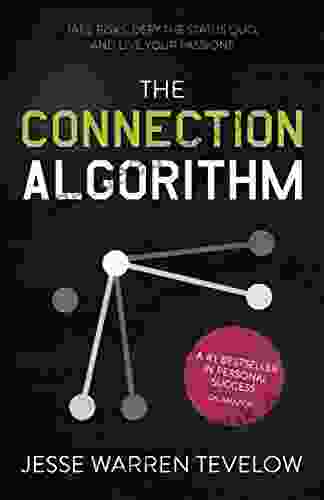
 Dylan Mitchell
Dylan MitchellThe Connection Algorithm: Take Risks Defy The Status Quo...
In the tapestry of life, we are often...
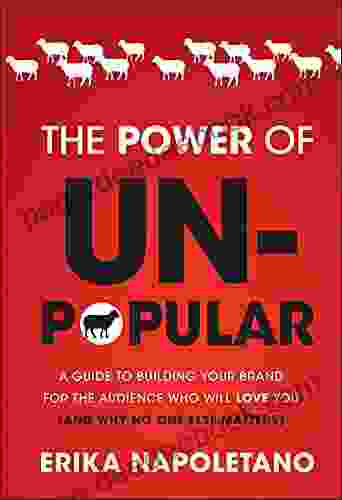
 Terence Nelson
Terence NelsonThe Ultimate Guide to Building a Beloved Brand: Unlocking...
In today's fiercely competitive market,...

 Warren Bell
Warren BellGoverning Metropolitan Regions in the 21st Century:...
Metropolitan regions are home to a majority of...
4.8 out of 5
| Language | : | English |
| File size | : | 4903 KB |
| Text-to-Speech | : | Enabled |
| Screen Reader | : | Supported |
| Enhanced typesetting | : | Enabled |
| X-Ray | : | Enabled |
| Word Wise | : | Enabled |
| Print length | : | 283 pages |


